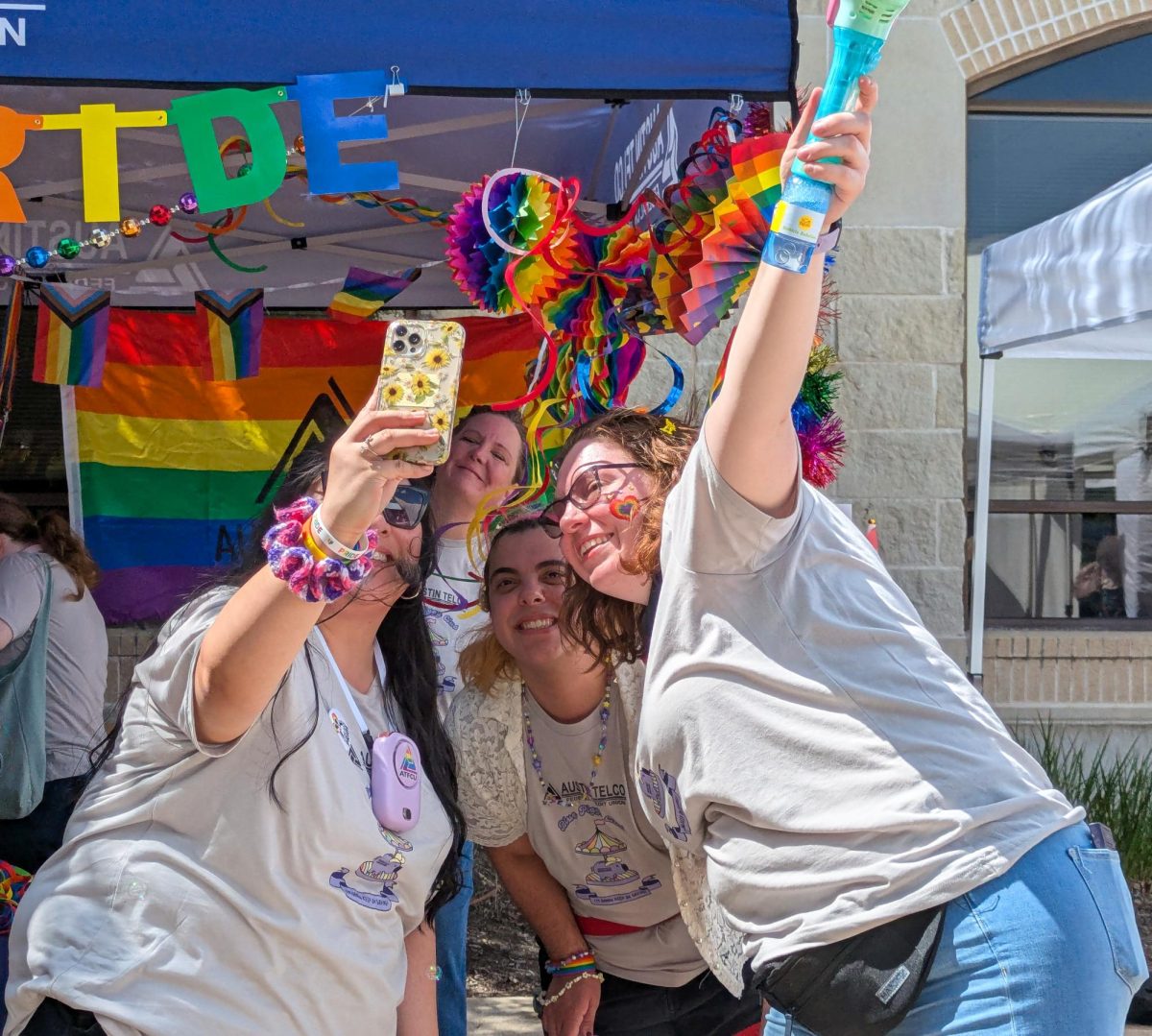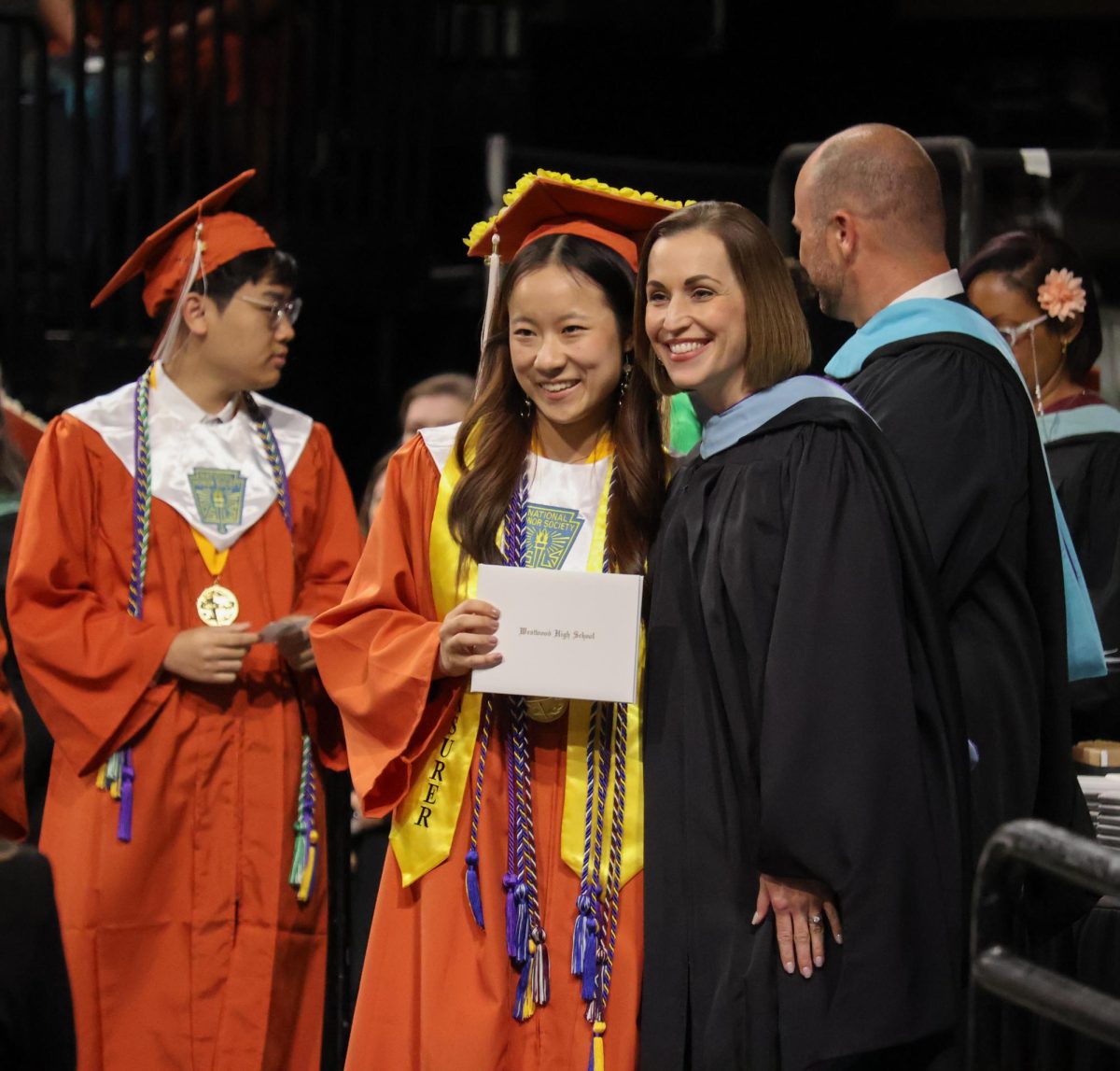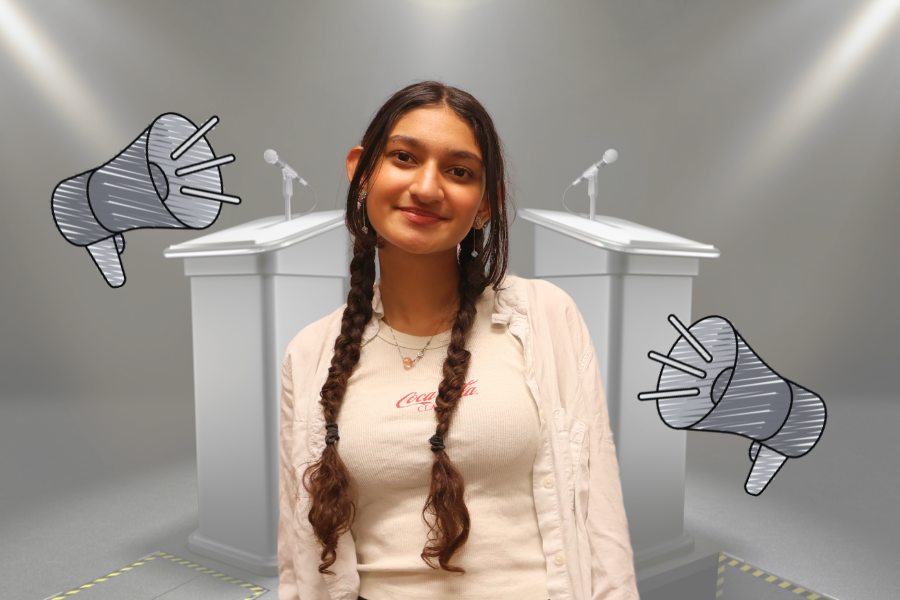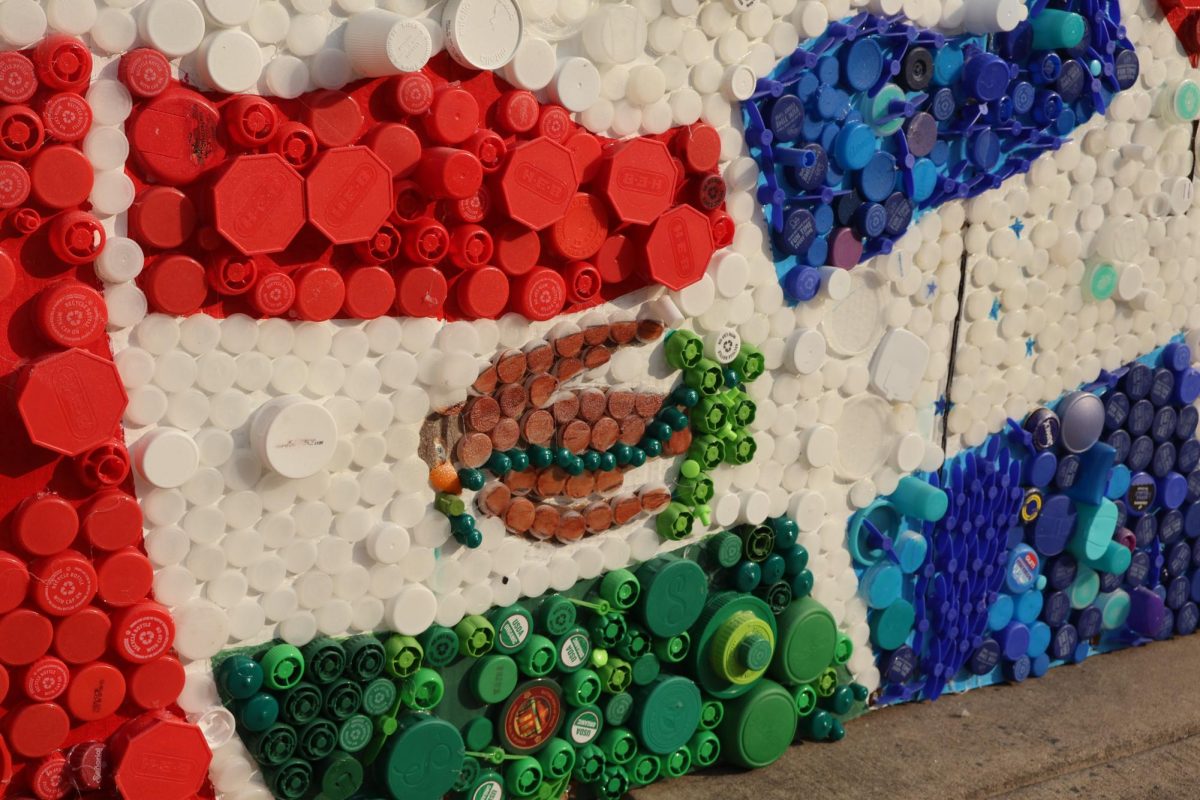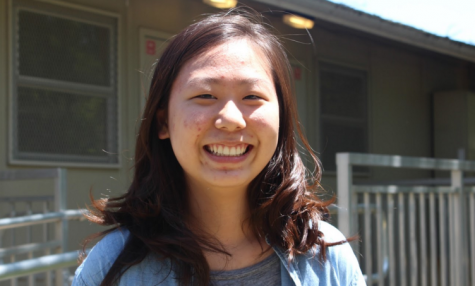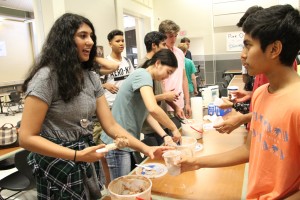
Experienced and novice debaters alike mingled in the cafeteria after school on Oct. 1 for Speech and Debate’s annual ice cream social.
“It was fun,” Stephanie Andrew ‘18 said. “I walked around trying to recruit people to join LD, and we occasionally got into small disputes over what kind of debate is better, which is something we do pretty often.”
The event was a good opportunity for older students to meet the new kids and welcome them into the tight-knit debate community.
“Each debater is like a family member,” Sharon Li ‘17 said. “It’s like we are all a big family gathered around to have discussions no matter which type of debate we are in.”
Seeing the freshmen’s youthful energy brought back memories of their own novice days for upperclassmen.
“At first I joined debate because I thought it looked so cool to have a group of people on their laptops discussing things that concerned the world,” Li said. “However, the more I got to know debate, the more I realized that it is more than just a change in physical appearance. Debate allowed me to be more open minded and become a better speaker in general. It also allowed me to gain insight on current issues and changed my social behaviors as I became more mature.”
Competence and skill benefit debaters not only in the competitive debate setting, but also in daily school life.
“Debate taught me how to format my case and how to process my thoughts when giving a speech,” Li said. “It taught me how to research for evidence and add new knowledge to my understanding of the world. Those practices became habits that helped me in other subjects. Whenever I present in other classes, I will always be organized and ready to go without the need to look down at my paper.”
On the other hand, some students believe that the influence and effects of actively participating in debate extend even further, outside of school.
“I do think debate teaches you what we call ‘portable skills,’ like researching and note taking,” John Cho ‘18 said. “However, overall, I think debate has taught me to be a better person, a better advocate, and a better community member. The issues we talk about are relevant to the world as a whole, and I think that the discussion of such issues like racism and sexism are always important.”
Setting ambitious goals, both individually and for the group, to work towards in the future is an important step for improvement.
“My personal goal is to qualify for state and my team goal is to work hard and win and maybe become one of the top debate teams again,” Andrew said.
Others, like Cho, are more focused on the team and how its members perform together.
“My goal is for us to do work together more cohesively— I think our teamwork together could always be improved,” Cho said.
No matter what circumstances led them to debate or what they expect from the future, many experienced debaters find the hard work they put in to be very gratifying.
“I think that when I give an effective speech and when I know I won the round off of that speech I gave, that’s when I have the most satisfaction from debate,” Cho said.

